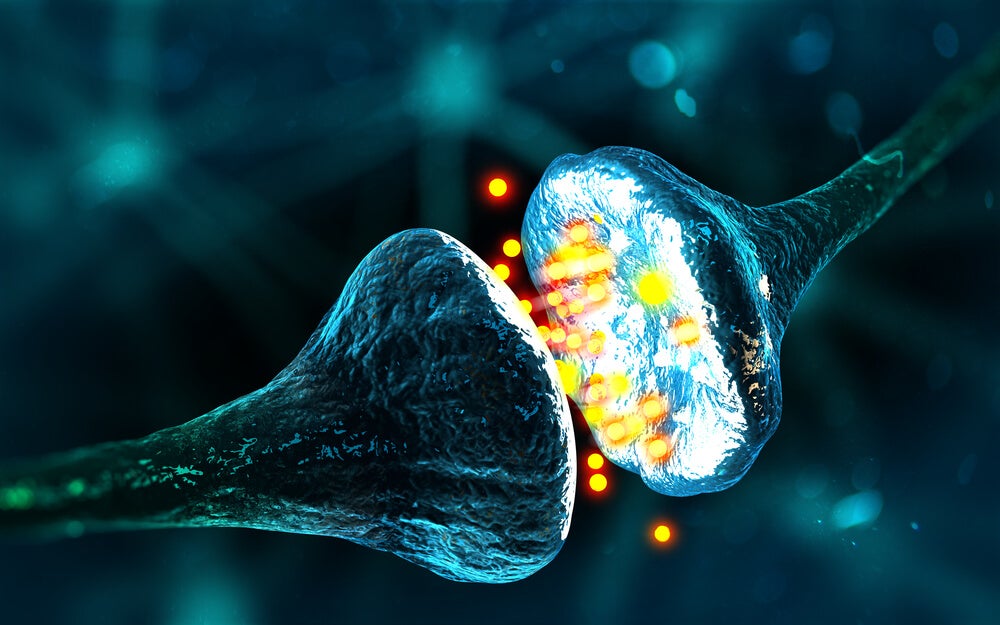When we sleep badly, do we generally feel tired, exhausted, and mentally slower?Inadequate rest can have serious consequences for our physical and psychological health, so sleeping well is essential, as well as fundamental for any animal that has a nervous system. After all, what happens to our neurons during sleep?
Science has repeatedly shown that sleep is a vital function; in fact, the prolonged absence of deep, restful sleep can be fatal.
- On the other hand.
- A study published in the journal Nature Communications Sleep states that sleep increases the ability of chromosomes to reduce genetic damage that occurs in neurons.
In addition, it offers, among other things, some possible explanations about the purpose of sleep:
According to the study, the damage that occurs throughout the day in the DNA of brain cells finds the optimal time of repair during the sleep period.
Therefore, when we sleep, the amount of genetic damage to our neurons is reduced and, as a result, the possibility of cellular dysfunction decreases.
It is also important to note that genetic damage accumulated over long periods of time can lead to neurodegenerative diseases and other neurological disorders, so it is so important to take care of the quality of our sleep to make it deep and restful.
At the molecular level, as has been proven by neuroimaging techniques, the chromosomes of nerve cells have significantly greater compression and decompression of DNA at rest than during awakening, in which they are in full activity.
However, this particular dynamic of repair of genetic material depends on the time of day and, in particular, on circadian rhythms, mainly observed in neurons.
Other types of cells, belonging to other anatomical components, do not appear to have such marked differences in the effectiveness of the repair.
From the above it could be concluded that sleep, as a physiological condition that favors the repair of cellular damage, is more effective in neurons than in relation to other systems of the body.
Thus, from an evolutionary perspective, we can say that man needed a strategy to keep neurons healthy and that sleep, with its particular characteristics and mechanisms, was the ideal process built for this purpose.
“If it is good to live, it is better to dream and, better yet, to wake up. –Antonio Machado–
On the other hand, from the results of the study, it has also been found that this damage repair mechanism can act in opposite directions.
In fact, the phenomenon of accumulation of errors in dna genetic sequences alone can promote the onset of genetic repair mechanisms by induction of sleep in the individual.
Factors that can damage the nucleotide chains that make up the DNA of neurons, as well as brain activity itself, include oxidative stress, radiation and substance use.
So the clinical reality that severe sleep deprivation can lead to death, something known for centuries in the medical field, could be based on genetic repair defects involving sleep deprivation.
As can be seen, there is no doubt that sleep and wakefulness cycles must be kept to the fullest to maintain good brain and cognitive health, after all, sleeping well is a good life.

